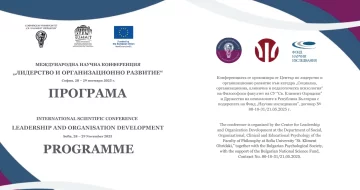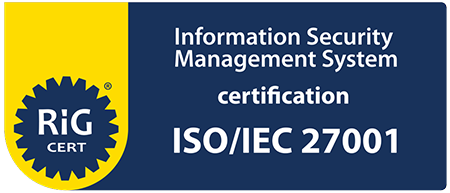1. Goals will be personal as well as professional
HR leaders will seek to integrate personal goals, such as wellbeing or acquiring skills not directly related to their work. Fostering an environment where employees can openly and honestly discuss these personal goals with their managers will include equipping employees with self-assessment tools to evaluate their progress against both personal and professional goals.
2. Performance reviews — and pay decisions — will shift to be project-based
In a world of project-based work, employees want leadership to evaluate their performance after each project — and they expect to see the explicit link between evaluations and compensation regularly. For organizations, regular employee performance assessment allows the making of staffing and resourcing decisions as projects conclude.
3. Performance ratings will reflect more context and empathy
Context affects outcomes, and performance reviews will begin to reflect more accurately that. Did a top-performing employee take on a new-in-kind role on a project to learn new skills? Did an employee find it hard to focus on work because of a personal tragedy? Are teams struggling to achieve their goals due to recurring hiccups in collaboration technology? Designing more empathetic performance ratings will be especially important to attract and retain high performers looking to grow their careers at a given organization.
4. Feedback and development will become more automated
Many organizations have increased investment in employee-productivity-monitoring technologies, especially in our hybrid world. Automated data collection and analytics around employees’ activities can be powerful for helping individual employees understand how they are performing and where there is room to improve. In the future, this technology will automate feedback processes and provide timely, data-based feedback to employees.
5. Managers will no longer manage performance
As the use of technology grows and employees become more proactive in the day-to-day management of their own performance, the focus for managers will turn from performance management conversations to supporting employee career pathing and development. HR leaders will need to equip managers with the resources to nurture talent, tackle challenging work situations, and help employees make decisions about their next projects and skills.
6. Team performance management will emerge as a separate focus
As teams adjust where, when, and how they collaborate in hybrid and distributed environments, team performance will emerge as a separate focus. Teams will be asked to work together more actively to track progress against and improve both project-specific performance and team dynamics. In addition, teams will need tools and resources to assess important factors, such as inclusivity, cohesion, accountability, and customer-centricity, and to diagnose problems.




